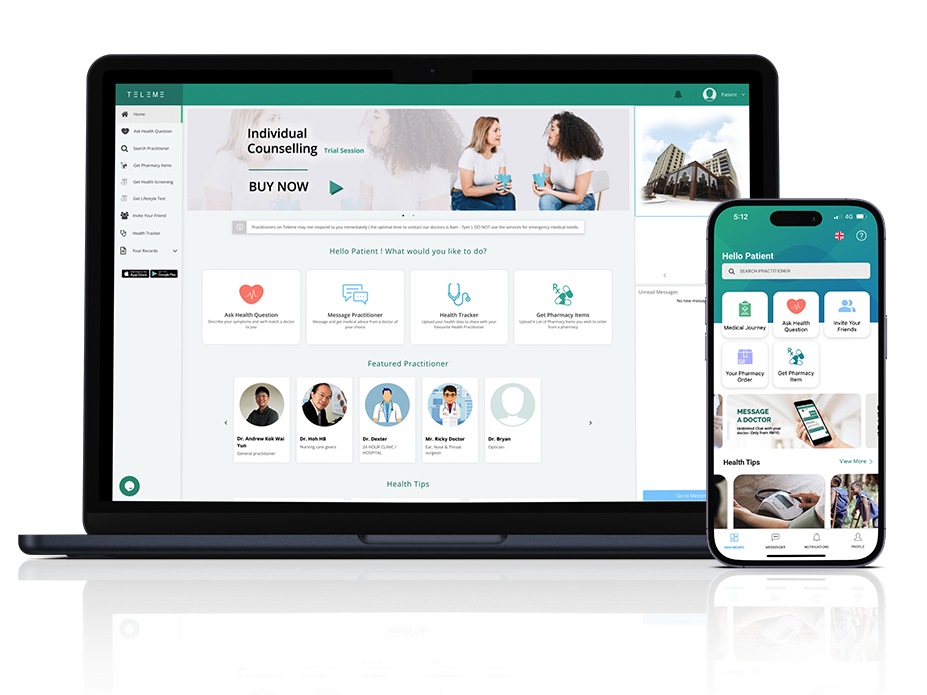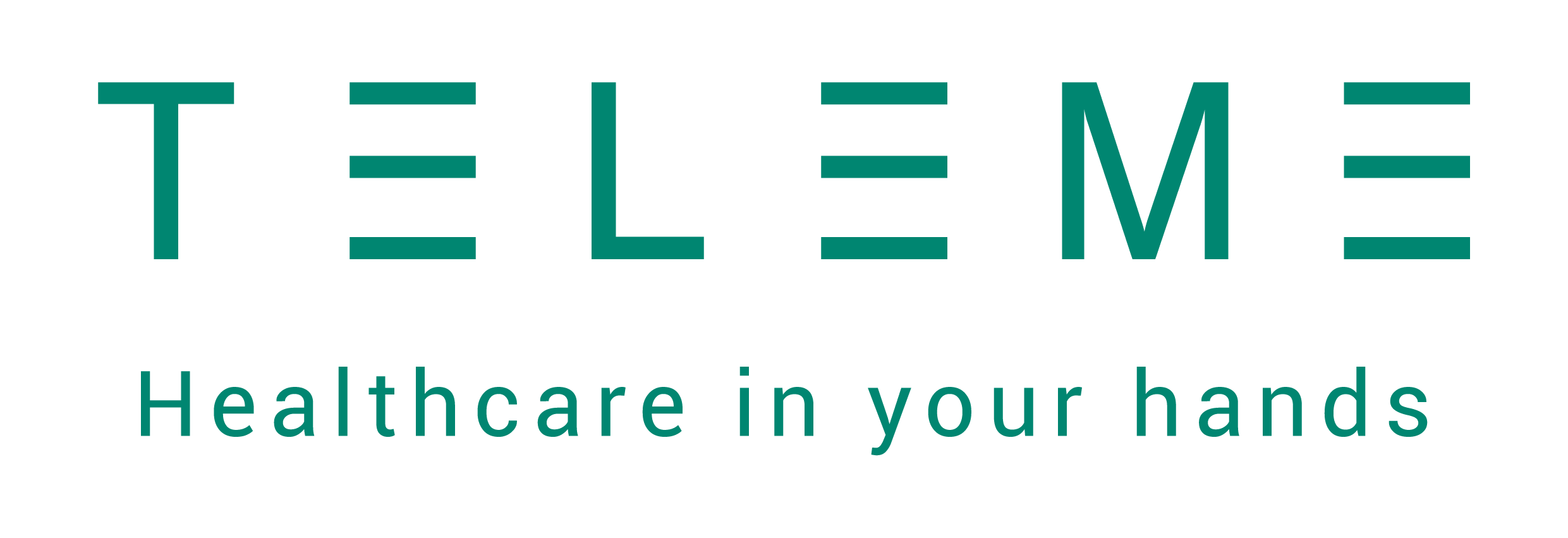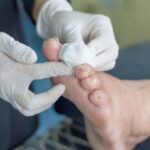
Suggested Target Values for Diabetes Monitoring
The goal of diabetes treatment is to achieve consistent control of the blood sugar throughout your life to minimise the risk of diabetic related complications such as kidney damage, eye blindness, heart disease, peripheral arterial disease and foot ulcers.
Regular blood sugar testing provides useful information to manage your diabetes for both you and your Diabetic Care Team which should consist of your doctor, dietician/nutritionist, diabetic educator and/or pharmacist. The data is important to;
- Monitor the effects of your oral medications and/or insulin
- Assess how your diet and/or exercise affect your blood sugar levels
- Identify spikes or dips in your blood sugar levels
- Track your progress at clinic follow-up doctor visit (recommended at 3 monthly)
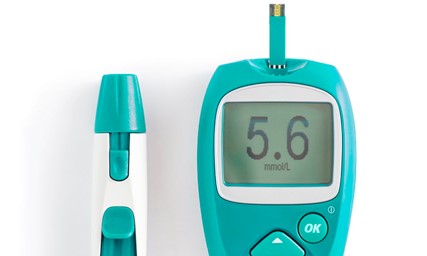
Each diabetes patient will have his/her own individualised blood sugar target range as advised by their doctor. It varies based on several factors;
- Age
- General health or other medical conditions such as hypertension, heart or kidney disease)
- Type and severity of diabetes
- Duration of diabetes
- Presence of complications
- Pregnancy
Click to view DiabetesUk video on NICE guidelines for Diabetes
Ideal Target Values for Diabetes
These are some suggested Target Values for Diabetes (based on NICE UK guidelines) but you should also ask your doctor for your own individual targets to follow;
- HbA1c less than 6.5% (or less than 7% in older patients with co-morbidities)
- Fasting sugar between 4.4-7.0 mmol/l (both Type 1 & 2 Diabetes)
- 2 hours after meal 4.4-9 mmol/l (Type 1 Diabetes)
- 2 hours after meal 4.4-8.5 mmol/l (Type 2 Diabetes)
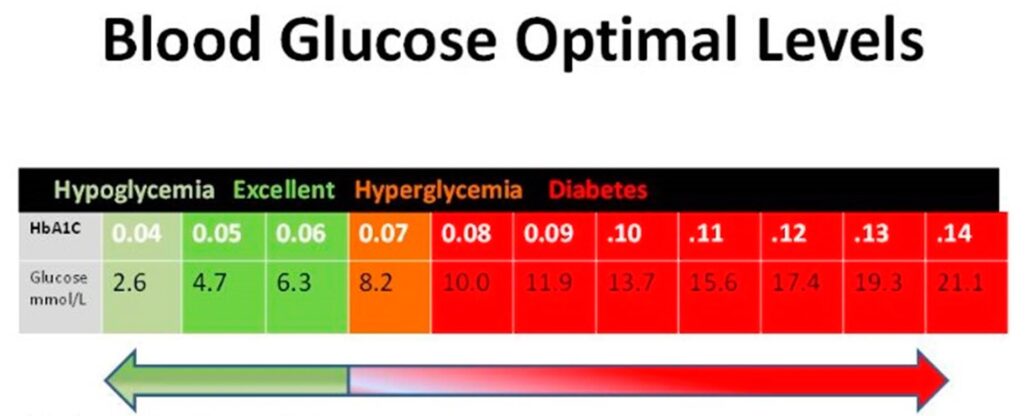
See your doctor or your Diabetic Care Team if you are constantly missing your glucose Target Values
Find and Book your nearest health professional below for Free!
Disclaimer. TELEME blog posts contains general information about health conditions and treatments. It is not intended to be a substitute for professional medical advice, diagnosis or treatment. The information is not advice and should not be treated as such.
If you think you may be suffering from any medical condition, you should seek immediate medical attention from your doctor or other professional healthcare providers. You should never delay seeking medical advice, disregard medical advice, or discontinue medical treatment because of information on this website.

